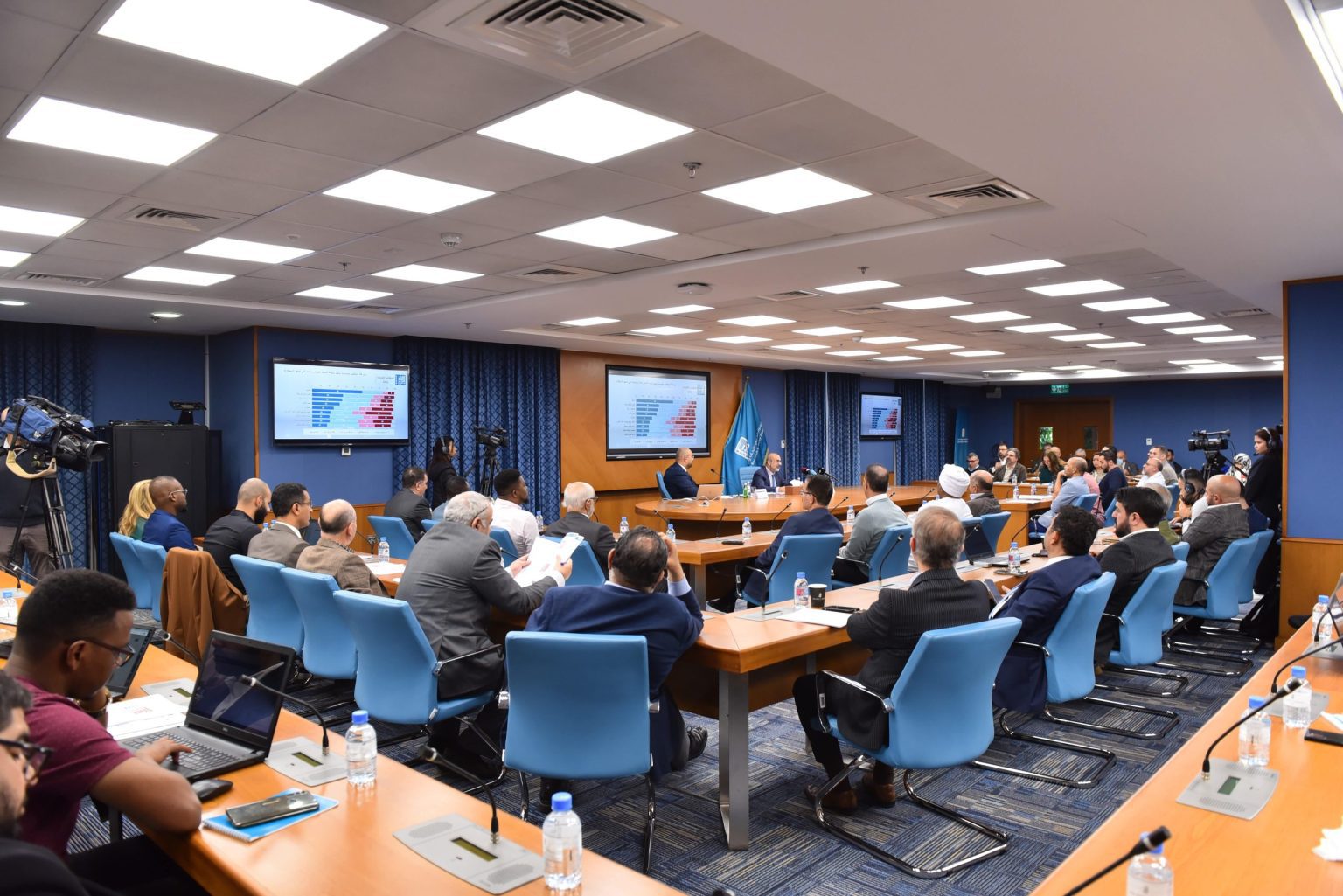DOHA, QATAR – The results of the largest opinion poll of its kind in the Arab world have been released by The Arab Center for Research and Policy Studies (ACRPS) with almost 33 thousand respondents across 14 Arab countries and more than 900 researchers taking part.
The poll touched upon the issues facing Arabs living within the region as well as their opinions on global events. Given the contentious nature of the region’s democratization efforts and political culture, Israeli-Arab relations, Russia’s war on Ukraine and more, the findings of this year’s poll highlight significant trends in Arab public opinion. The following are some of the report’s key findings. The full report is attached.
DEMOCRACY AND STATE INSTITUTIONS
There is overwhelming support for democracy in the Arab World, with 72% of respondents supporting a democratic system. This support for democracy has been a constant in every Arab Index survey since its launch in 2011, demonstrating an established belief in democracy.
Citizens’ confidence in state institutions varies. Parliaments and legislative councils received the least amount of confidence among Arab citizens, at a rate of 47%.
Arab public opinion is almost unanimous that financial and administrative corruption is widespread in their countries to varying degrees, at a rate of 87%.
Just over a third of respondents (34%) said that their countries apply the law equally among citizens, while 39% think that they do not enjoy full equality, with their countries favoring some groups over others. Almost a quarter of respondents (24%) think that their countries do not apply the law equally at all.
ARAB-ISRAELI RELATIONS
84% of citizens oppose their home countries’ recognition of Israel, citing political reasons as opposed to religious or cultural ones. This opposition remains overwhelmingly high despite recent normalization agreements with Israel by UAE, Bahrain, Morocco and Sudan.
The majority of Saudi respondents who answered this question rejected recognition of Israel (38%), despite a high rate of nonresponse to this question (57%).
A vast majority of respondents consider the policies of Israel (84%) and the United States (78%) a threat to the security and stability of the Arab region, while 57% of respondents consider Iranian and Russian policies a threat to the region.
RUSSIA’S WAR ON UKRAINE
More than a third of respondents (44%) agreed that Russia’s declaration of war on Ukraine was unjustified, compared to 19% who said it was justified, and over a third (37%) said they do not know or declined to answer. Those who said it is unjustified deemed Russia’s declaration of war as an act of aggression, interference with the sovereignty of another state, and occupation of land.
SOCIAL MEDIA
Almost all (98%) internet users in the Arab World have accounts on social media platforms. More respondents had Facebook accounts than any other social media platform, except in the Gulf, where more (77%), had Twitter accounts.
A majority of Arab Citizens (75%) use social media to obtain news and political information. More than half of the users (51%) express their views on political events.
57% of social media users said that they do not trust information and news circulated on social media, a notable increase from the last AOI survey.
Interaction and participation with political issues among Arab social media users is divided: while 48% interact with or participate in political issues, 48% do not.




